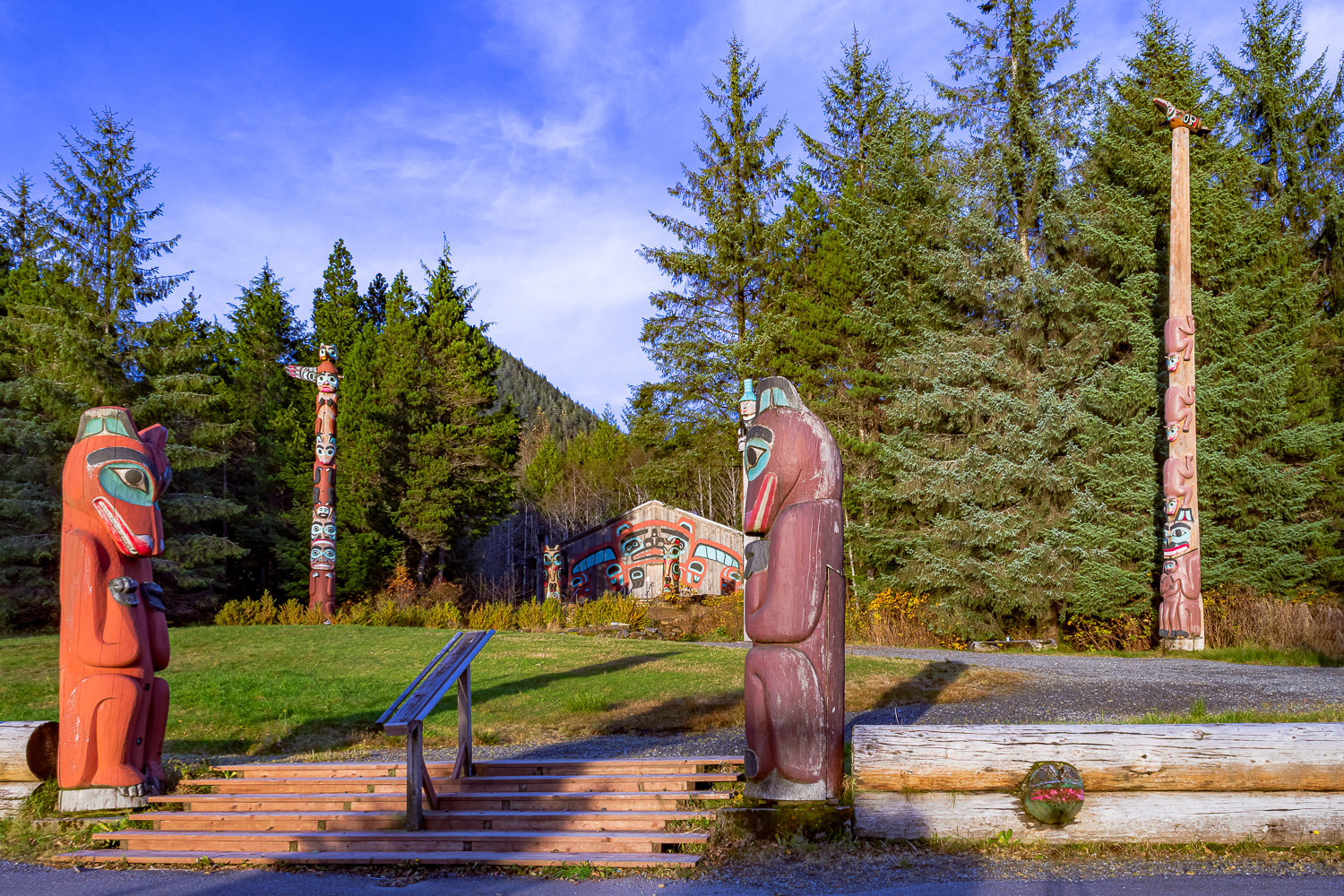The U.S. Forest Service and American Indian Alaska Native Tourism Association Select Recipients for FY 24 NATIVE Act Grants
Six recipients across the U.S. will receive funding for tourism infrastructure and capacity building in Native American communities
ALBUQUERQUE, N.M. (May 21, 2025) – The American Indian Alaska Native Tourism Association (AIANTA), in partnership with the U.S. Forest Service, has made its selection for the awardees of the USDA Forest Service/AIANTA NATIVE Act Grants for FY24. Six project proposals will receive NATIVE Act funding support to aid their efforts to enhance cultural tourism and recreation for the advancement of Native American communities.
In 2018, AIANTA entered into a Memorandum of Understanding with the U.S. Forest Service to collaborate on NATIVE Act activities, and, subsequently, in 2022 entered into a partnership agreement to strengthen tribal tourism through financial and technical assistance. The FY24 Request for Grant Proposals solicited applications from Tribal Nations, Tribal Enterprises and native nonprofits that border and/or have historic ties to U.S. Forest Service managed lands and regions.
The selected project proposals were chosen to develop infrastructure and/or capacity in Native communities within a two-year time span. The USDA Forest Service/AIANTA NATIVE Act Grantees are as follows:
- Cape Fox Cultural Foundation in Ketchikan, Alaska
Grant Award: $187,462
Project Name: Saxman Totem Park Restoration - Catawba Indian Nation Cultural Services Division in Rockhill, South Carolina
Grant Award: $100,000
Project Name: Mánuu kúrii (Good Earth) - Chugach Regional Resources in Anchorage, Alaska
Grant Amount: $226,240
Project Name: Ilakuilluki “to share with them” Project - Shoshone Paiute Tribes of the Duck Valley Indian Reservation in Owyhee County, Idaho
Grant Award: $249,562
Project Name: Togugunde (Heavens – pronounced – Do-go-gun-duth) Observatory - Tlingit Haida Central Tribal Council in Juneau, Alaska
Grant Award: $54,751
Project Name: Co-Stewardship Totem Pole Carving Shed Project - Wrangell Cooperative Association (WCA) in Wrangell, Alaska
Grant Award: $250,000
Project Name: Shtaxʼhéen Ḵwáan Totem Restoration Project
For more than 26 years, AIANTA has worked to address inequities in the tourism system and has served as the national voice for American Indian, Alaska Native and Native Hawaiian nations engaged in cultural tourism, while providing technical assistance, training and capacity building to Native Nations and communities and Indigenous-owned enterprises engaged in tourism, hospitality, and recreation.
“This collaboration between AIANTA and the USDA Forest Service, culminating in these NATIVE Act grants, underscores our shared commitment to empowering U.S. Native Nations and communities through cultural tourism,” said AIANTA CEO Sherry L. Rupert. “These grants will provide tangible resources for infrastructure and capacity building, fostering sustainable economic growth while preserving and celebrating the rich heritage of these Indigenous entities. We are excited to see these six recipients transform and strengthen their cultural tourism programs over the next few years.”
First introduced by Senator Brian Schatz (D-HI) in 2015, the Native American Tourism & Improving Visitor Experience (NATIVE) Act gained widespread bi-partisan support before being signed into law in 2016. The NATIVE Act, or Public Law 114-221, serves to establish a more inclusive national travel and tourism strategy and has the potential to deliver significant benefits for tribes, including jobs creation, elevated living standards and expanded economic opportunities. In 2019, AIANTA was designated a coordinating partner, and charged with fulfillment of section 4353(d) of the Act, which calls for an “organization or entity to serve as a facilitator between the Secretary of the Interior and the Secretary of Commerce and the Indian tribes, tribal organizations, and Native Hawaiian organizations” in order to “identify areas where technical assistance is needed through consultations” and to “provide a means for the delivery of technical assistance.” To learn more about the NATIVE Act, visit www.congress.gov.
Tribes who are looking to start or expand their cultural tourism footprint can find resources at www.aianta.org and visitors interested in learning more about Native culture can visit www.nativeamerica.travel.
About AIANTA:
For more than 26 years, the American Indian Alaska Native Tourism Association (AIANTA) has served as the only national organization dedicated to advancing cultural heritage tourism in Native Nations and communities across the United States. Established by tribes for tribes to address inequities in the tourism system, AIANTA is a 501(c)(3) national nonprofit governed by an all-Native board of directors and serves as a united voice for the $15.7 billion Native hospitality sector. AIANTA’s successful legislative work led to the industry-changing Native American Tourism and Improving Visitor Experience Act (NATIVE Act) funding in 2018, as Indian Country Tourism was recognized through federal appropriations via NATIVE Act implementation. AIANTA’s mission is to define, introduce, grow, and sustain Indigenous tourism that honors traditions and values. Native Nations and communities who are looking to start or expand their cultural tourism footprint can find resources at www.aianta.org and visitors interested in learning more about Indigenous culture can visit www.nativeamerica.travel.
About the U.S. Forest Service:
The mission of the Forest Service is to sustain the health, diversity, and productivity of the nation’s forests and grasslands to meet the needs of present and future generations. In early 2023, the Forest Service implemented a new roadmap to serve tribal nations with a deeper commitment to regular and meaningful consultation. It is known as the Tribal Action Plan.
Media Contact:
Liz Slobodian, APR
Liz@shipwrightcommunications.com
Photo:
Photo credit: Cape Fox Cultural Foundation
Caption: Saxman Native Village & Totem Park
